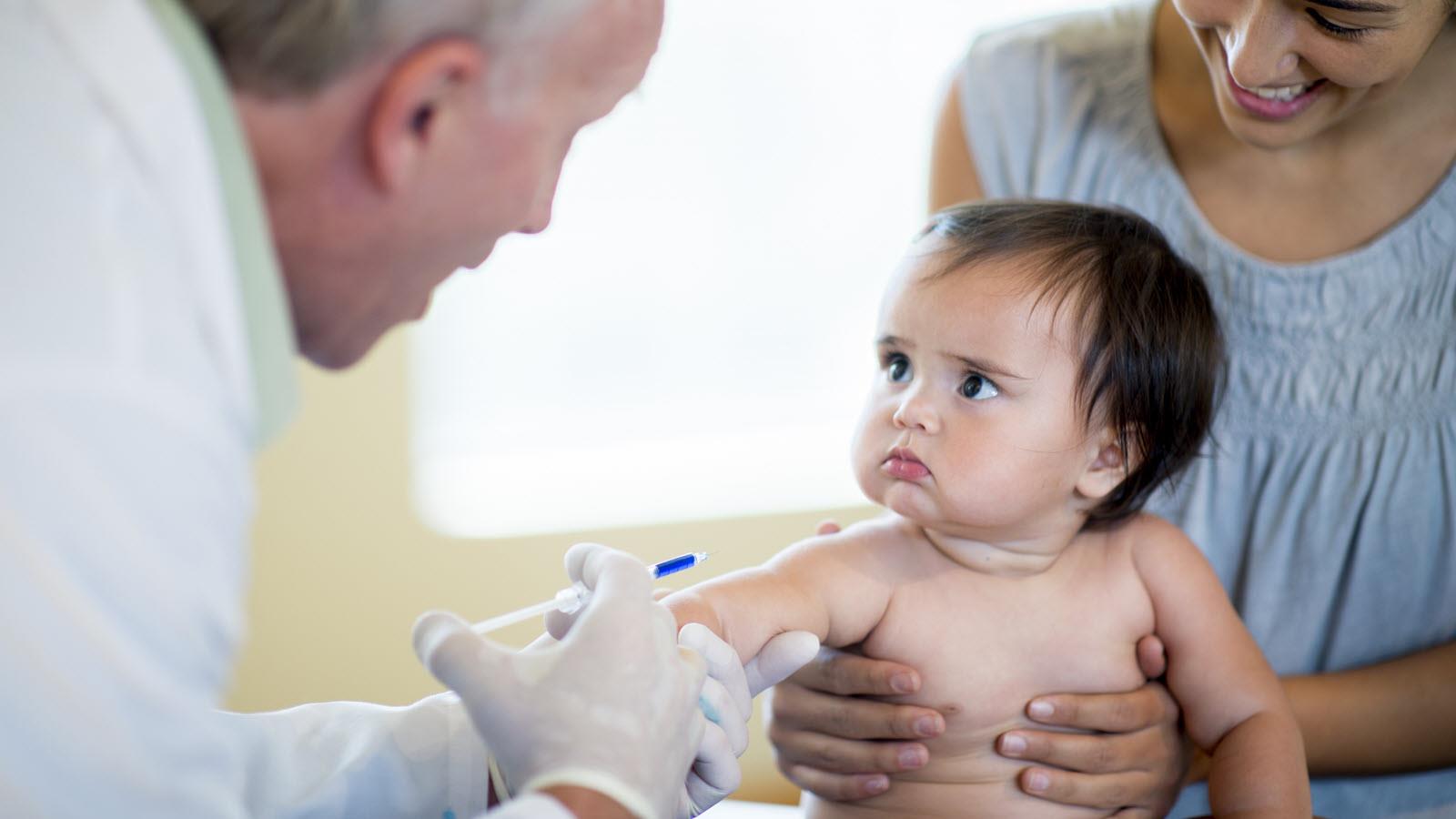For many people, getting a shot or having blood drawn is a prickly proposition.
Studies show that about 19 million American adults are afraid of needles. It’s called trypanophobia, literally fear of needles. For some people, it’s so frightening it keeps them from getting flu shots, donating blood, or, most recently, receiving the COVID-19 vaccine.
For people in the rare disease community, trypanophobia can be a serious obstacle in achieving the best health possible, especially for people who rely on infusion therapy or frequent blood work.
“A phobia linked to needles is quite problematic as a person could avoid medical treatment and preventative care due to worries connected to needles used to give injections or take blood for lab work,” said Eric Patterson, a therapist in western Pennsylvania who specializes in phobias.
The good news is that lots of people triumph over trypanophobia. Beverly Zimmermann has been leery of needles since she was 7 and went through a series of allergy shots. Yet the Wilmington, Delaware, woman has been donating plasma for years. Before she begins the apheresis process, she reminds herself that her plasma will help people who are ill.
“I don’t watch when they do the needle. I just do it,” she said.
After the stick, she puts on headphones and watches a movie to distract herself.
Looking away or focusing on something else are simple techniques to deal with mild trypanophobia.
“Play a game on your smartphone. Pick a hospital poster and focus your attention to it. The key is to lessen the anticipation of the needle piercing your skin,” said Sandra Henderson, a licensed professional counselor from Los Angeles.
Symptoms of trypanophobia include:
- Feeling faint or passing out at the sight or thought of needles
- Increased heart rate or blood pressure
- Shortness of breath, dry mouth, and nausea
Steven Rosenberg, a psychotherapist and behavioral specialist in suburban Philadelphia, said trypanophobia can be caused by various factors.
People with small veins—a condition that makes it difficult to find a good vein and can lead to painful injections—often develop a fear of needles. Witnessing someone else suffer a painful stick also can contribute to the phobia.
Studies suggest that some adults with trypanophobia were traumatized by needlesticks as young children or infants. There’s also evidence that the fear of needles might be inherited, although trypanophobia wasn’t observed until 1844, when Irish physician Francis Rynd invented a hollow needle designed to give subcutaneous injections. Alexander Wood, a Scottish doctor, added a plunger to a syringe in 1853.
Being afraid of needles does not mean you are a wimp. Sonny Liston, the heavyweight boxing champion, and Jackie Chan, martial arts and action movie hero, both suffered from trypanophobia. So does shock-rocker Alice Cooper, who said: "I can put my head in a guillotine and play with a snake. But no – no needles.”
Bojan Tomov of Staten Island said his overwhelming fear of needles impacted his health because he avoided getting his regular blood work. “I could easily pass out whenever a needle was pulled in front of me,” he recalled.
Tomov consulted a psychologist and was able to overcome his fear through habituation, a technique in which individuals are progressively subjected to things that they fear. As exposure increases, fear and anxiety decrease. “I would hold a needle and look into it for 15-20 minutes straight,” he said.
At first, he was scared. But eventually, he faced his fears. He is now able to get blood tests and vaccinations and no longer avoids transfusions.
“Some people will say that needle phobia will last your lifetime, which is false. I was able to overcome needle-phobia with a few psychologist appointments and a lot of focus on positive thoughts,” he said.



